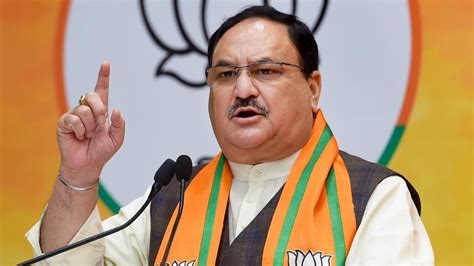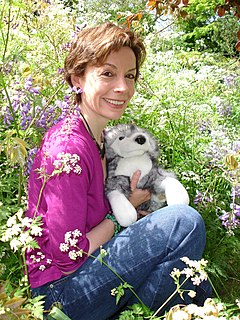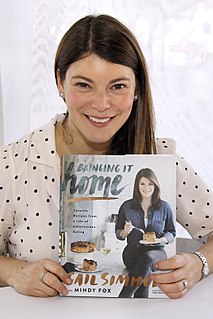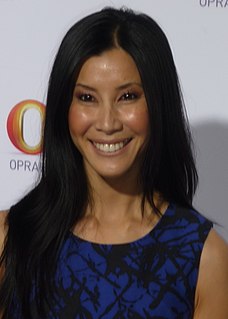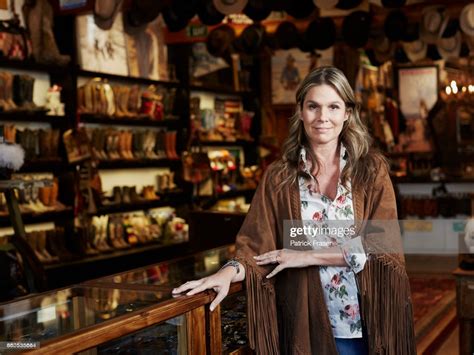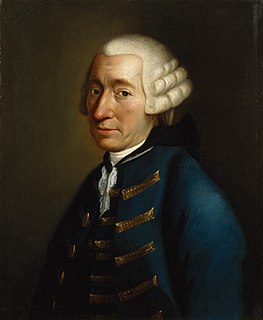A Quote by Robin Williams
We used to be hunter-gatherers, now we're shopper-borrowers.
Quote Topics
Related Quotes
Twelve thousand years ago, everybody on earth was a hunter-gatherer; now almost all of us are farmers or else are fed by farmers. The spread of farming from those few sites of origin usually did not occur as a result of the hunter-gatherers' elsewhere adopting farming; hunter-gatherers tend to be conservative.... Instead, farming spread mainly through farmers' outbreeding hunters, developing more potent technology, and then killing the hunters or driving them off of all lands suitable for agriculture.
For three million years we were hunter-gatherers, and it was through the evolutionary pressures of that way of life that a brain so adaptable and so creative eventually emerged. Today we stand with the brains of hunter-gatherers in our heads, looking out on a modern world made comfortable for some by the fruits of human inventiveness, and made miserable for others by the scandal of deprivation in the midst of plenty.
If Adam and Eve were not hunter-gatherers, then they were certainly gatherers. But, then, consumer desire, or self-embitterment, or the 'itch,' as Schopenhauer called it, appeared in the shape of the serpent. This capitalistic monster awakens in Adam and Eve the possibility that things could be better. Instantly, they are cast out of the garden and condemned to a life of toil, drudgery, and pain. Wants supplanted needs, and things have been going downhill ever since.







